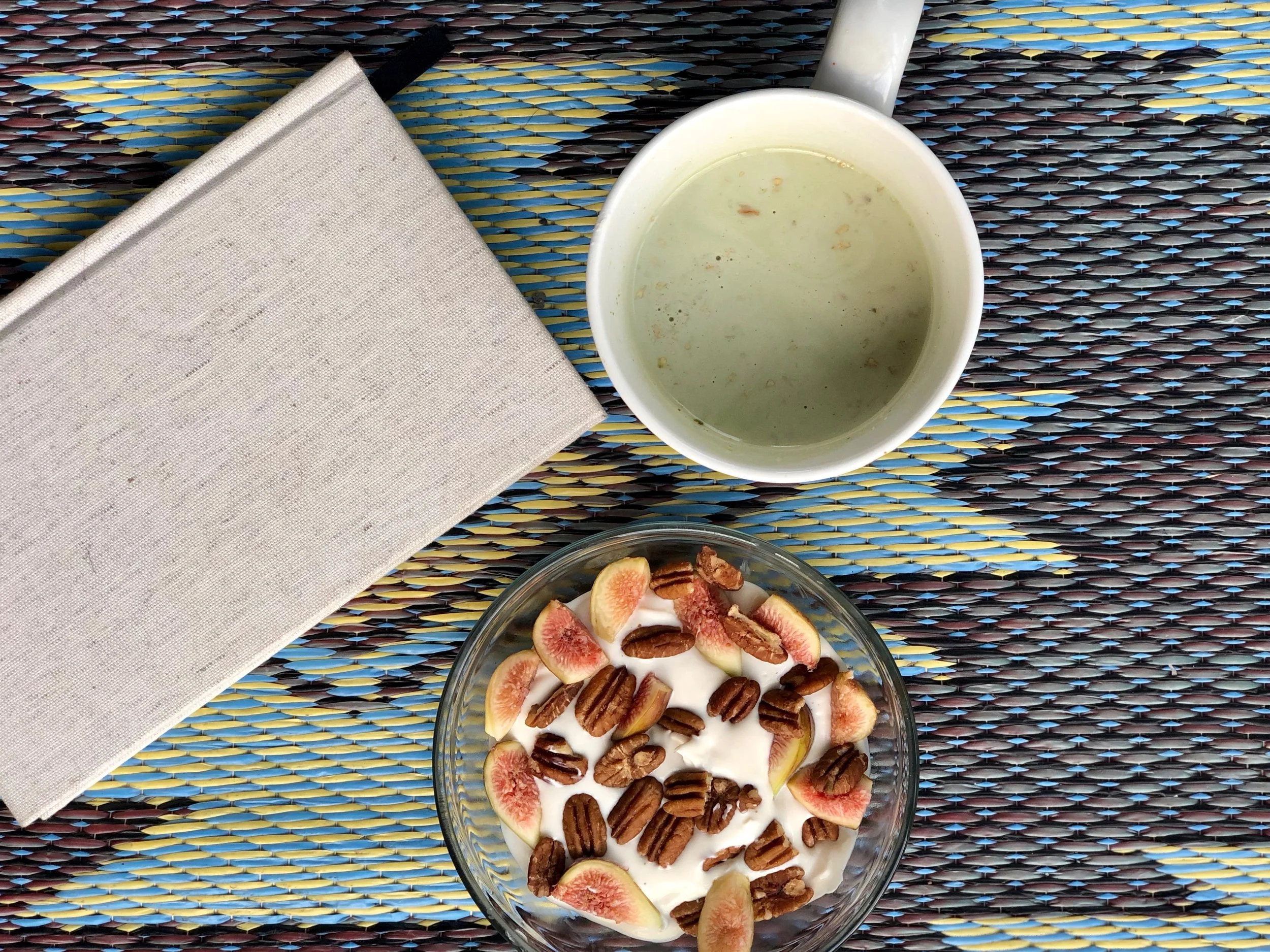“If you want to change the world, you must be your very best in the darkest moment.”
- Naval Adm. William H. McRaven
Photo by @travperk_photo
All of us are facing uncertainty right now amid COVID-19. Our routines, family structures, finances, and societal paradigms have been shaken up. Some of us are sick or have loved ones suffering physically. Many others are rethinking their beliefs and priorities.
The uncertainty is overwhelming for some, while others are doing fine.
Why do people facing the same situation have such different internal reactions? True, some of this is simple predisposition. Just like some people have a more difficult time digesting, some people are more sensitive to local and global energies. However, you can train yourself to be more calm during times of uncertainty.
I used to believe that I would always be a hyper-sensitive person: that my diet and routine had to be perfect to function, and that difficult times were more traumatic for my constitution. This belief was keeping me stuck in anxiety and desperate need for control.
Before the COVID-19 outbreak, I had to go through a lot of transitions that shook up that limiting belief. I went through a heart-breaking separation with my partner of six years and then bounced around houses and cities for two months. My whole world was flipped upside down. I had to completely accept all of the feelings of pain and lack of control over my environment. While difficult, surrendering to the chaos and uncertainty served as a huge lesson for me. I realized that I could still work, exercise, choose healthy foods, connect with others, and even laugh sometimes through all the pain. I wasn’t my fittest or most creative during this time, but I was absolutely okay. My newfound vulnerability allowed me to get closer to friends and family while also not succumbing to overwhelming emotions. I simply cried it out and moved on with my day.
While I still take very good care of myself and am starting to set more boundaries, I now take solace in the fact that I’m not that special. We all go through hard times: heartbreak, loss, and disease have been a part of humanity since the beginning. However, humans are meant to get through these times and come out stronger.
I have recently talked to three veterans who have spent time in foreign countries fighting wars. Guess what? They are not overwhelmed by COVID-19. In fact, they are using this time to reconnect with family or enjoying the alone time at home. It’s not that they’re heartless; they just realize that (1) tragedy and death are a part of life, and (2) they cannot control it.
If you are unable to fathom the concept of embracing fear, now is a good time to consider how you can become more resilient through uncertainty. You do not have to wait for another world catastrophe to practice facing fears with more grace. Here are some ways you can start to do so now. The idea is to choose to embrace discomfort or selflessness that you can control so that you have more resilient and perspective when faced with difficult circumstances outside of your control.
How to build resilience in everyday life:
Do something that scares you every day. You have probably heard this before, but do you do it? Some of my favorites are surfing, rock climbing, and public speaking. If social distancing at home, this could look like handstand practice or doing an Instagram Live.
Help others. When you focus on supporting others, you get out of your own head and its never-ending existential crises. There are lots of volunteer opportunities online. Alternatively, find a nonprofit you like and offer your own expertise (consulting, design, content creation, accounting, etc.).
Intermittent hormesis. Hormetic stress is mild environmental stress that is beneficial to the body and improves capacity to withstand greater stress. Not only does regular, mild stress on the body help with longevity and overall health, the discipline and discomfort involved will improve your ability to withstand adversity. You can expose yourself to hormetic stress through daily cold showers, sauna, strength training, and intermittent fasting.
While I do advocate for releasing and honoring any emotions that come up, you don’t have to suffer during times of uncertainty. You are more resilient than you know. Trust that you (and the rest of the world) will get through this - and we have the opportunity to come out the other side even stronger.





